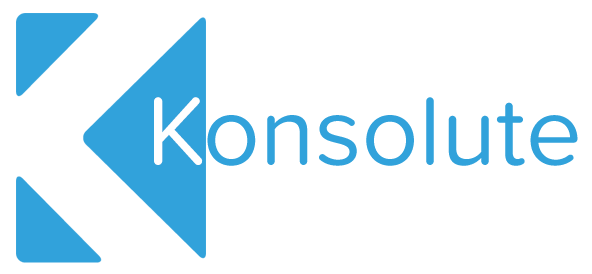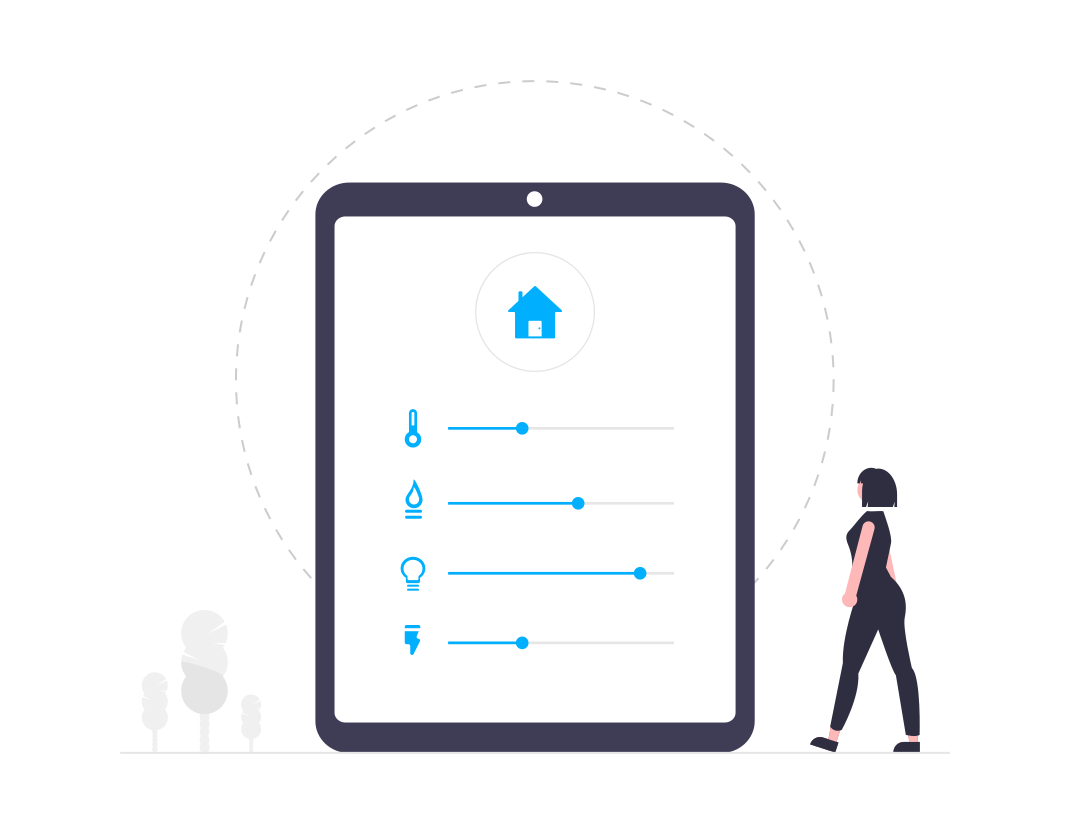Organise Big Data & Boost Business Productivity
Big data drives most modern businesses. New technologies have eased the burden of creating mass amounts of data, increasing the velocity at which data streams in from multiple channels. The flow of varied data is often massive, continuous and impossible to track and organise. Organisations now collect high volumes of data, in an array of formats. Data formats range from structured data-sets and traditional databases, to unstructured text documents, emails and financial documents.
This creates problems for businesses storing and organising their mass influx of data. The problem is not the volume of data businesses have, as most data collected is useful for business functions. Often, organisations’ methods of filing and maintaining data sets is the problem. Unorganised data poses issues for data-storage, data-mining and data-analysis in the long run.
What is the difference between structured and unstructured data?
Structured data is far easier for programs to understand and organise. However, both structured data and unstructured data, play an essential role in data-analysis and business processes.
Structured Data
Structured data is organised and neatly formatted data, in a tabular format with clear relationships between rows and columns. This makes it easy to store, rank and process so it works well with standard analytical models. BI tools such as Microsoft Power BI, are compatible with structured data. Structured data also requires less storage space.
Unstructured Data
Unstructured data is data in its native format, which is not organised in a linear manner. This includes rich media data, document collections, analytics, IoT data, social media listings and many more forms. This data is vastly important, yet irregularities within its content make it unstructured, and hard to understand. Unstructured data is also harder to store.
How Kolumbus can help you structure your data
Kolumbus by Konsolute is an unstructured data analysis software, designed to help you understand your data and unlock business potential. Kolumbus uses Natural Language Processors (NLP) to understand the semantic context of your data. Its hyper-intuitive cognitive capabilities extract keywords from the data which summarise the data’s key content. Kolumbus creates data-taxonomies (data-classifications) which you can add to your information architecture. The taxonomies create ease when locating data which is being collected within your organisation. Anything irrelevant can be archived and disposed of, de-clogging your organisation’s software.
Data Protection
Taxonomies add structure to your data and allow you to implement information protection policies. Security features on Kolumbus allow you to label sensitive tags, preventing highly sensitive content from being downloaded in bulk, or getting in to the wrong hands.
Why is Data Discovery and Organisation Important?
The information obtained can be used to respond to regulatory requests, such as The General Data Protection Regulation (GDPR). Using natural language processors (NLP), Kolumbus identifies which content may not be compliant with your organisation’s policies and procedures.
Understand your data, to improve operational efficiencies, revenue, competitiveness and growth.
Before migration, companies need to know their data and delete data that is unimportant to future business processes.
3 key trends that prove workflow automation is the key to combating poor employee experience.
April 8, 2022
This weeks discussion is finance, the finance cloud and the AI that’s driving modernisation. Blockchain and mobile…
The latest from Microsoft on the future of Modern work, the 2022 Work Trend Index and an exciting road map to make hybrid work work.
March 28, 2022
This weeks discussion is finance, the finance cloud and the AI that’s driving modernisation. Blockchain and mobile…
AI, apps and cloud banking are shaping the investment and banking institutions we all know so well. So, how is the finance sector taking all of this increased accessibility and actionable data and using it for good?
February 22, 2022
This weeks discussion is finance, the finance cloud and the AI that’s driving modernisation. Blockchain and mobile…
A new united Nuclear Waste Service, Hinkley Point C and the pressure of Net Zero.
February 16, 2022
Today we’re discussing the UK’s efforts to manage radioactive waste and the Nuclear landscape the UK government is…
We’re working with the Nuclear Sector and playing our part in the UK’s Journey to a cleaner energy future.
February 3, 2022
Investment in new nuclear capacity is essential to the UK hitting net zero. Building our Nuclear offering will ensure a…





